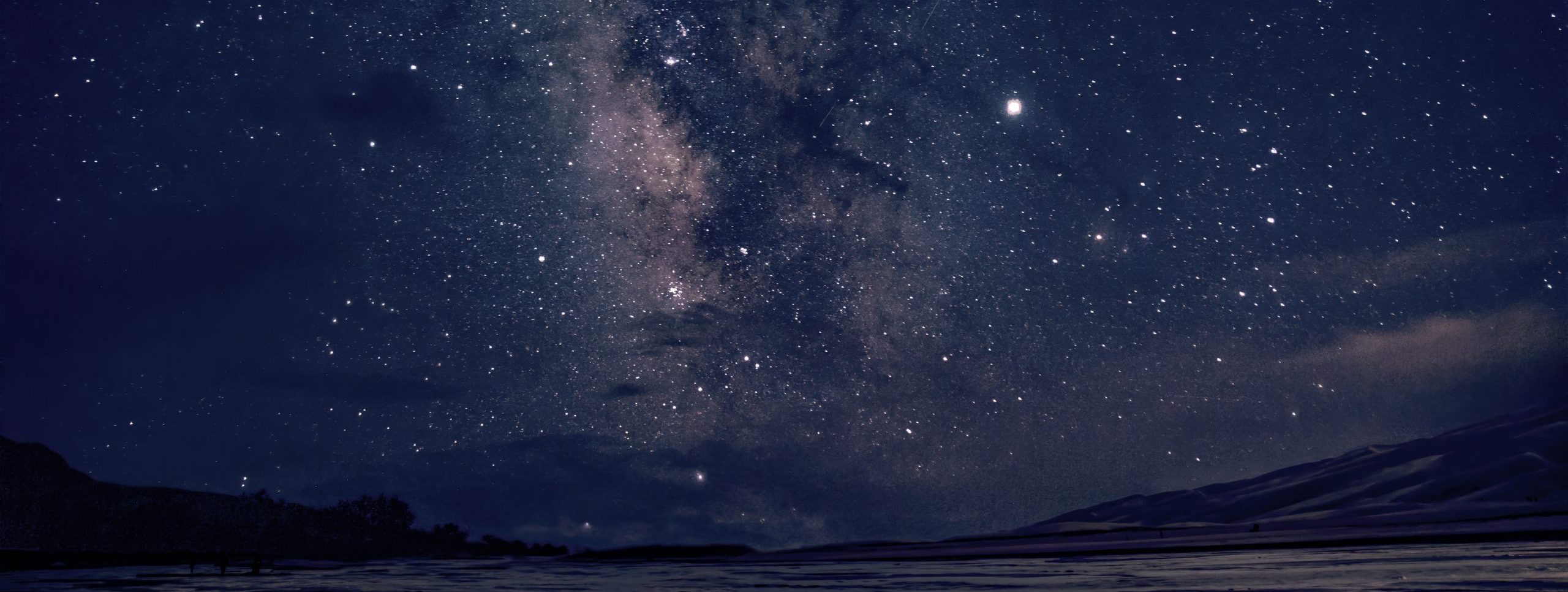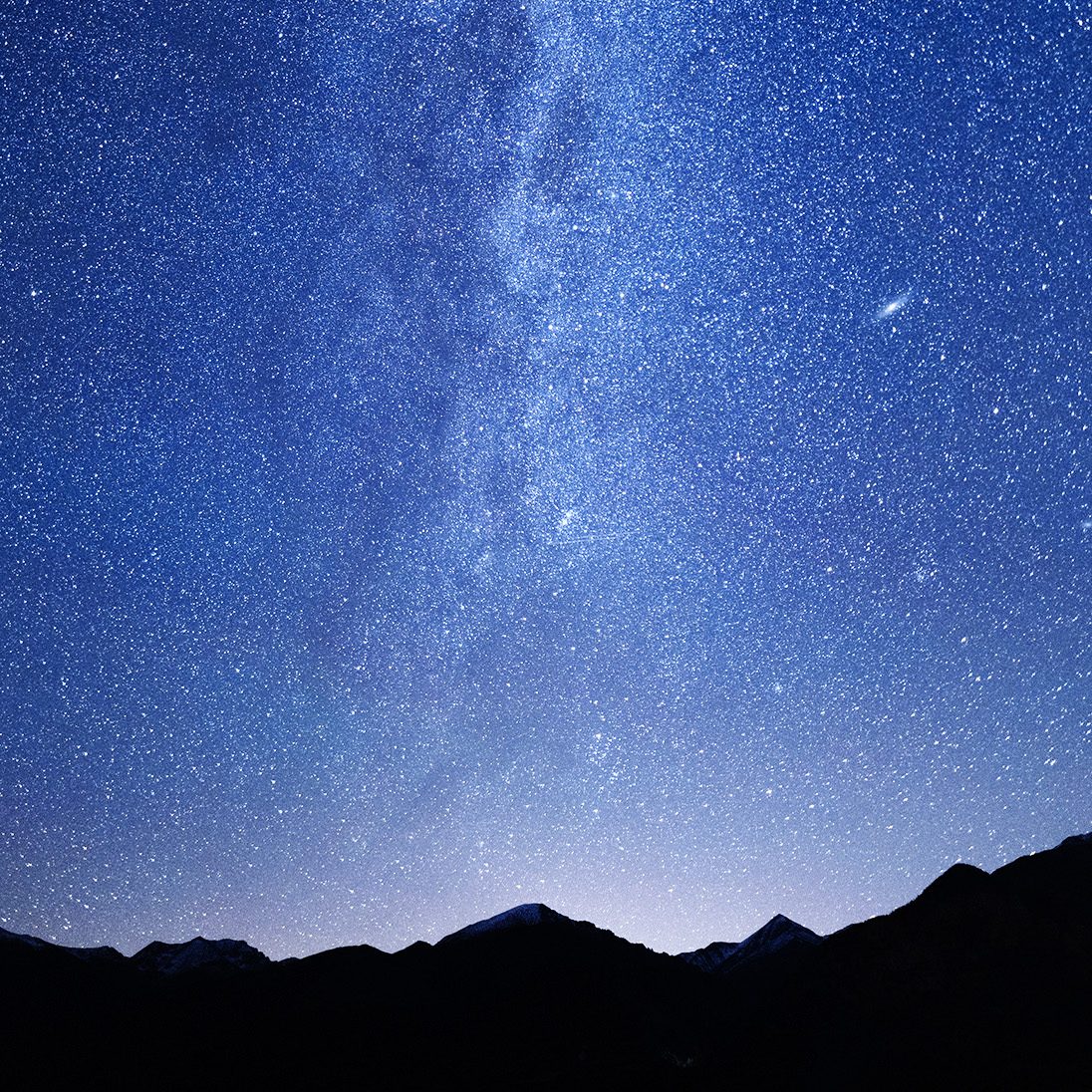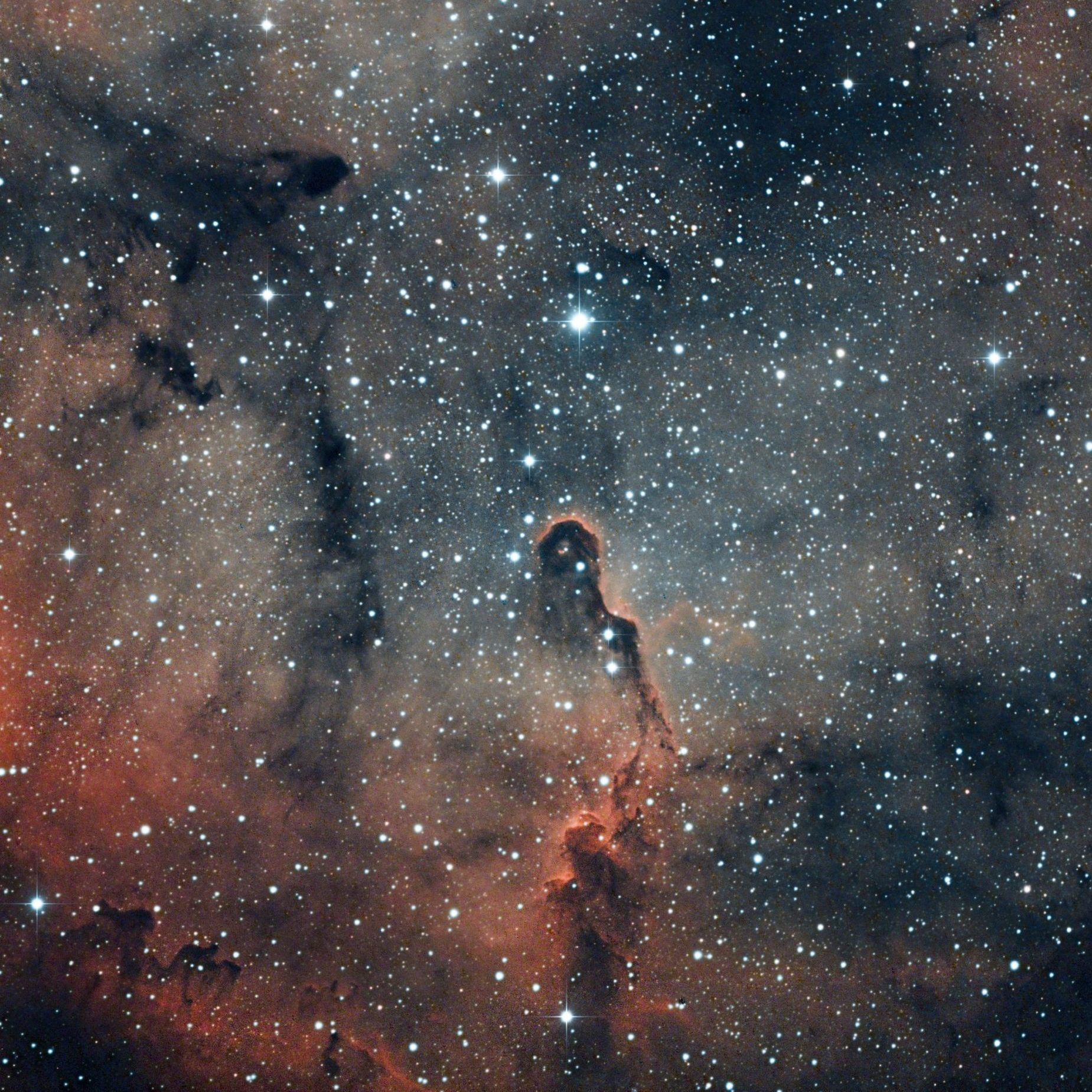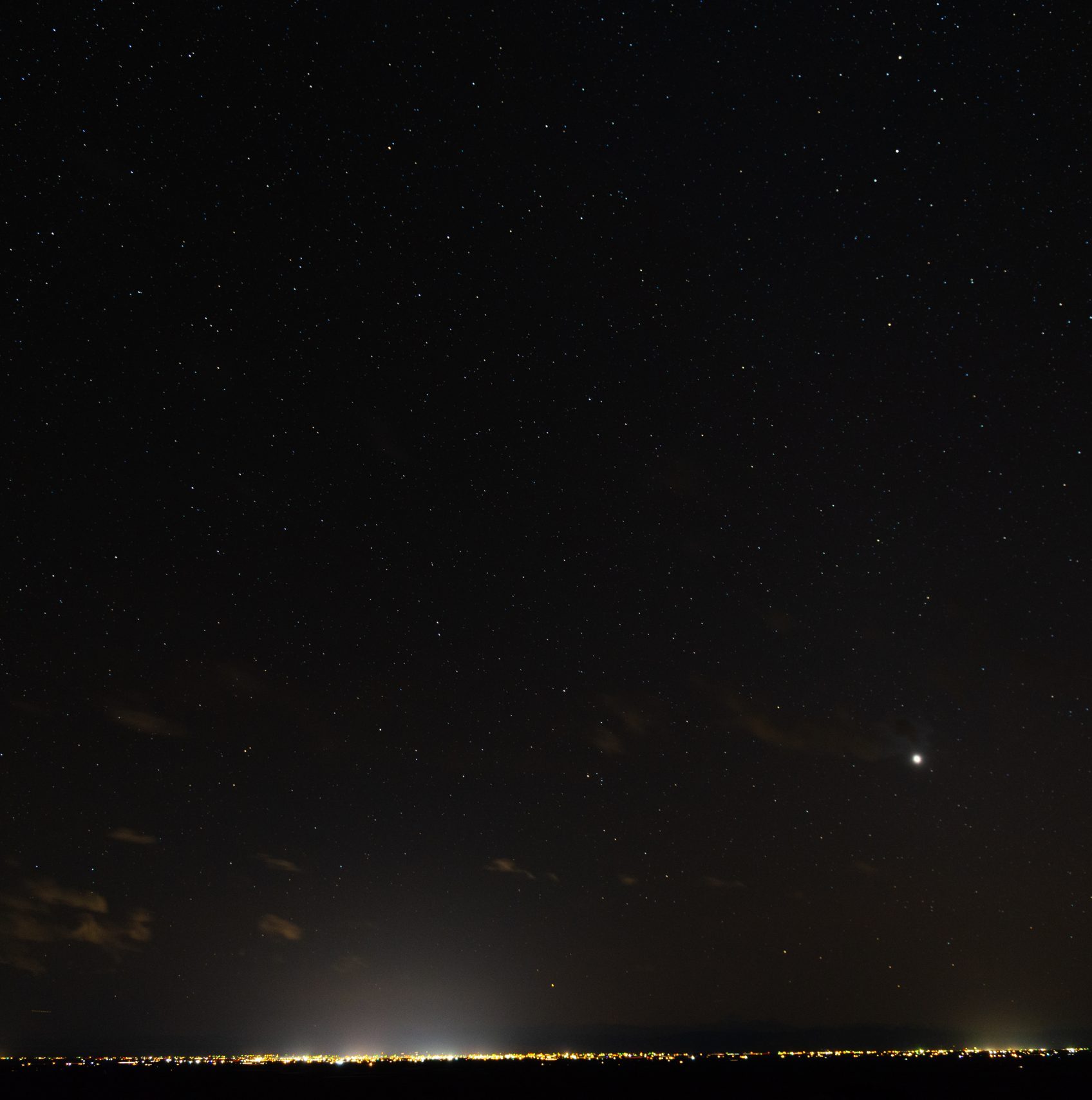Sangre de Cristo Dark Sky Reserve


ABOUT:
SLV GO! has partnered with local communities, private landowners, and state and federal agencies to form the Sangre de Cristo Dark Sky Coalition, whose aim is to promote the preservation of our spectacular night skies. SLV GO! has been spearheading the effort by working to achieve “International Dark Sky Reserve” designation from the International Dark Sky Association (IDA). The purpose of this project is to protect and steward the region’s night sky through responsible lighting policies and public education. SLV GO! and partners believe this designation will be an asset to the region in terms of human health and safety, wildlife and ecosystem vitality, and the local economy. If SLV GO! is successful in achieving this designation, the Sangre de Cristo Dark Sky Reserve will be one of the largest official areas protected from artificial light in the world!

WHO:
SLV GO! is coordinating and managing the Sangre de Cristo Dark Sky Coalition that represents a multitude of interest groups throughout the region who are all committed to protecting our dark sky resource. This coalition was formed with the intent to hold each other accountable in the completion of the IDA’s rigorous application process for the International Dark Sky Places Program. The process requires applicants to demonstrate robust community support and document designation-specific program requirements. The Sangre de Cristo Dark Sky Coalition hopes to help local municipalities and county governments with adopting strong new lighting ordinances and encouraging responsible lighting practices throughout the region. Our coalition partners also provide dark sky education and outreach to inspire people to connect to the night sky and increase engagement in night sky preservation.

WHERE:
The Sangre de Cristo Dark Sky Reserve will encompass the Sangre de Cristo Wilderness, Rio Grande and San Isabel National Forests managed by the U.S. Forest Service, public lands administered by the Bureau of Land Management and the U.S. Fish and Wildlife Service, Great Sand Dunes National Park, and will include parts of 8 counties in south-central Colorado including Alamosa, Saguache, Chaffee, Fremont, Custer, Huerfano, Las Animas, and Costilla counties. The region's high altitude, dry climate, rurality, and huge swath of public lands is conducive to natural darkness and exceptional sky quality. The vast amount of public lands allow for plenty of opportunities for residents and visitors to enjoy the region's exceptional starry, night skies.

WHY:
You may be wondering what all the fuss is about - our skies are already dark! It's true. Our skies are exceptionally dark compared to the Front Range of Colorado and urban centers across the state. However, if you speak with some of the longtime residents here in Southern Colorado, you will likely hear that they too have noticed the pervasive impact of light pollution on our night skies. Inefficient artificial light at night (ALAN) emanates from rural communities and agricultural enterprises in Southern Colorado, causing light pollution that disrupts our view of the night sky.
Maintaining a naturally dark night sky is important because light pollution:
1. Wastes Energy and Money
While electric lights are undoubtedly crucial aspects of our lives, society, and industry, they often go above and beyond their purpose—in a negative way. It’s estimated that about 50% of illumination from a typical light source is wasted by being directed upward at the sky. A further 10% emits horizontally, creating glare. That leaves only 40% of your average light source to illuminate its intended target.
2. Is Harmful to Human Health
Disrupts humans' circadian rhythm, our natural biological clock that helps vital processes function in the human body such as sleep, digestion, and our immune system. Disruption of our circadian rhythm has been linked to reduced visibility at night, obesity, insomnia, and certain types of cancer.
3. Is Detrimental to the Natural Environment
Similarly to ALAN's effect on humans, light pollution has radically altered the rhythm of day and night in our natural environment, effecting vital biological processes in wildlife such as reproduction and nourishment, and even affects plant life by altering the plants "perceived" length of day with extending light and photosynthesis. Although this doesn't sound like a bad thing, it leaves plan life susceptible to frost in the fall and spring and can risk the entire reproductive effort of the plant.
4. Threatens our Natural Heritage
Historically, the night sky has played a central role in various cultures and traditions across the world. Without the inspiration of our naturally dark sky, Van Gough would not have painted Starry Night, Neil Armstrong would not have walked on the moon, and we may not have navigated the globe.
5. Does Not Necessarily Improve Safety or Reduce Crime
On the contrary to what people would normally think, brighter is NOT better. Believe it or not, but too much lighting can threaten security by compromising vision with glare and casting harsh shadows where criminals can hide.
Support Dark Skies! Join our Dark Sky Friendly Recognition Program!
The Dark Sky Friendly Recognition Program is sponsored by SLV GO! and Visit Alamosa that give recognition to homes and businesses that support dark skies through the adoption of outdoor lighting that neither shines up into the nighttime skies to create light pollution nor causes excessive glare that prevents others from enjoying the starry nights. Learn more about our program here!
Want to learn more?
Here are some great resources from the International Dark Sky Association on lighting practices and night sky preservation:
- An Overview: Lighting for Night Skies
- Five Lighting Principles Quick Reference
- Examples of Acceptable & Unacceptable Lighting Fixtures
Check out these awesome videos for more information on light pollution!
- The devastating impact of light pollution | Alyn Wallace | TEDxAmerystwyth
- Why we need darkness | Paul Bogard | TEDxBratislava
- De-Light the Night (Light Pollution Solutions) | Diane Turnshek | TEDxPittsburgh
- Why we need darkness to survive | Diane Knutson | TEDxRapidCity
